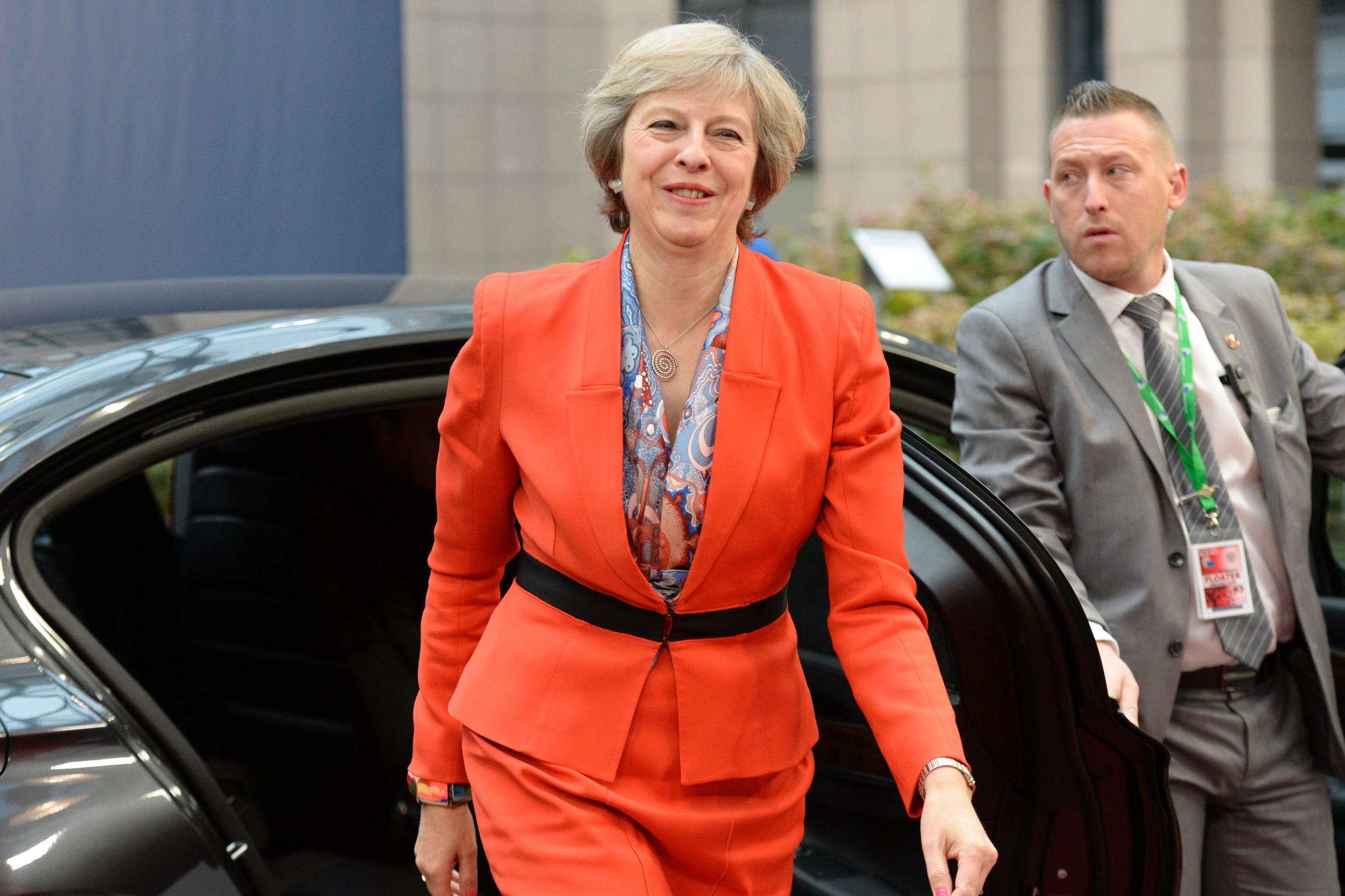Brexit: Theresa May’s insistence that UK remains central to EU before leaving could ‘impact negotiations’
‘It’s about the long-term project of the European Union, and the Brits decided not to stay in’

Your support helps us to tell the story
From reproductive rights to climate change to Big Tech, The Independent is on the ground when the story is developing. Whether it's investigating the financials of Elon Musk's pro-Trump PAC or producing our latest documentary, 'The A Word', which shines a light on the American women fighting for reproductive rights, we know how important it is to parse out the facts from the messaging.
At such a critical moment in US history, we need reporters on the ground. Your donation allows us to keep sending journalists to speak to both sides of the story.
The Independent is trusted by Americans across the entire political spectrum. And unlike many other quality news outlets, we choose not to lock Americans out of our reporting and analysis with paywalls. We believe quality journalism should be available to everyone, paid for by those who can afford it.
Your support makes all the difference.Theresa May has been warned she faces tougher Brexit negotiations after insisting Britain will play a central role in European decision-making until it formally leaves the EU.
The Prime Minister, who attended her first European Council meeting on Thursday, told leaders in Brussels that “the UK is leaving the EU but we will continue to play a full role until we leave and we’ll be a strong and dependable partner after we have left.”
But Manfred Weber, leader of the Christian Democrats in the European Parliament, was angered by the Prime Minister’s comments. He told BBC Radio 4’s Today programme: “When somebody wants to leave the club, it’s not normally that such a member who wants to leave a club wants to decide about the future of this club. That is really creating a lot of anger, the behaviour of the British Government.
“It’s about the long-term project of the European Union, and the Brits decided not to stay in.
“I think it’s totally understandable if we, as Germans, as French, as Italians, think about our – not your – long-term project, please don't stop it, don’t block it, because that will have a lot of impact on the Brexit negotiations if you do so.
“It’s a question of behaviour, it's a question of respect. You want to go away from the centre of the European debate.”
Mr Weber repeated his call for Boris Johnson to stand down as Foreign Secretary after the draft pro-EU article he wrote, but did not publish, emerged. The leader of the Christian Democrats also pointed to splits in the Cabinet between Philip Hammond, the Chancellor, and other Brexit ministers, saying he had “no idea” what the British Government wants to do.
“If you want to leave, that's absolutely fair, please do so, but don't accuse, and don't decide for the rest of the European Union.
“I have to say for the rest of the European Union, it’s extremely positive for the future because of the development in Great Britain, the pound sterling, the economic damage for Britain, and the debate about the future of Scotland.
“So, I met the prime minister of Scotland and the message was very clear – you have a lot of internal battles to fight on, and people all over Europe see this.”
However, Lord John Hill, the UK’s former EU commissioner disputed Mr Weber’s claim. “I think Manfred is wrong about that,” he told the Today programme. “It is important that we do continue to play an active part. Not a part that is going to frustrate things that people want to do, but to show that we want to continue to have a relationship.
“It is so important that over the months and years ahead we have as many bridges as possible and try and work through this in a way that secures what is in our mutual best interest. The danger that I can see is that we end up doing something this is mutually self-harming.”
Join our commenting forum
Join thought-provoking conversations, follow other Independent readers and see their replies
Comments